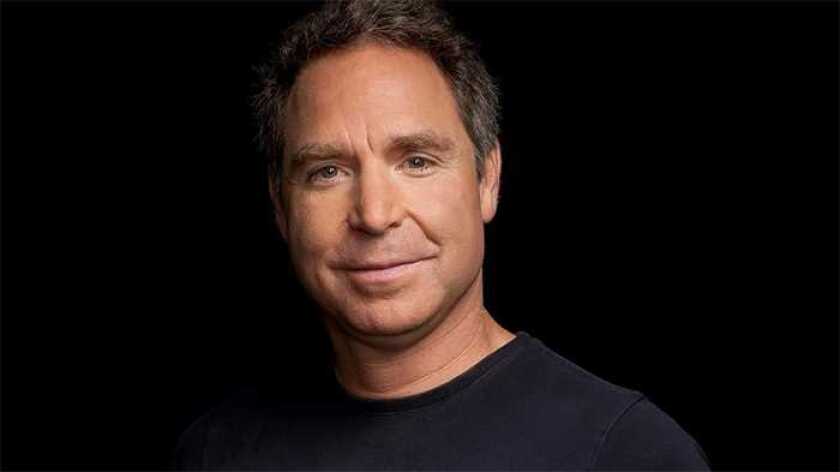E-Space says it is planning a constellation of 100,000 satellites, which will also gather up space junk on their way.
Wyler (pictured) said: “We’ve built sustainability into everything we do. We are designing our systems to not only prevent space debris generation, but to eventually actively reduce space debris so generations to come will be able to access the power of space.”
E-Space says it will be “a foundational platform to help governments and large companies build space-based applications in a capital-light manner” – a description that seems to indicate a satellite-based internet of things (IoT).
It aims to “provide the world’s first federated systems that can dynamically extend satellite capacity for a multitude of applications, ranging from secure communications to managing remote infrastructure”.
Wyler was one of the founders of O3b Networks – the abbreviation stands for “other three billion” – when its backers included Google and Liberty Global, as well as Luxembourg-based SES, which ended up in 100% control.
Later he was one of the brains behind OneWeb, at first called WorldVu Satellites. But that went bankrupt in 2020 and was rescued by India’s Bharti group and the UK government, with many of the initial investors – such as Qualcomm and Virgin Group – losing their money.
The backer of Wyler’s E-Space is Prime Movers Lab, a Wyoming-based investor whose interests span from agriculture to transport.
Anton Brevde, partner at Prime Movers Lab, said: “Greg is an icon of space innovation with an unparalleled track record of pushing the industry forward by turning bold ideas into everyday reality.”
The $50 million investment fully funds E-Space’s “beta 1” launch of its first test satellites in March 2022 as well as its second “beta 2” launch later this year, said E-Space. “Mass production is slated for 2023.”
Wyler said: “One of the best ways to understand and manage Earth is from space. We designed E-Space to democratize space, to enable the collection of continuous data about our planet with real-time information of sensors and devices across the world to combat climate change, and to upgrade our electric grids.”






